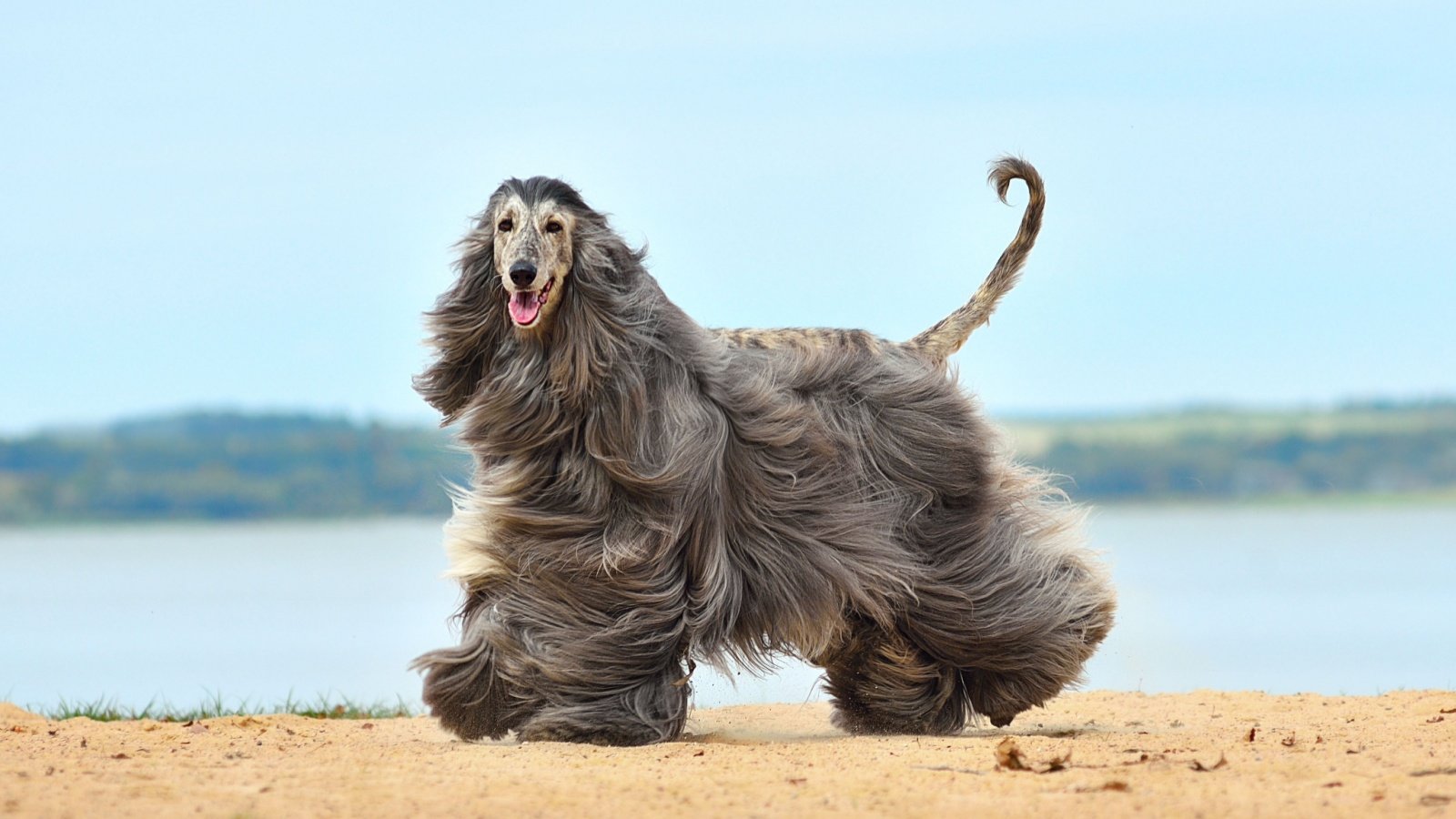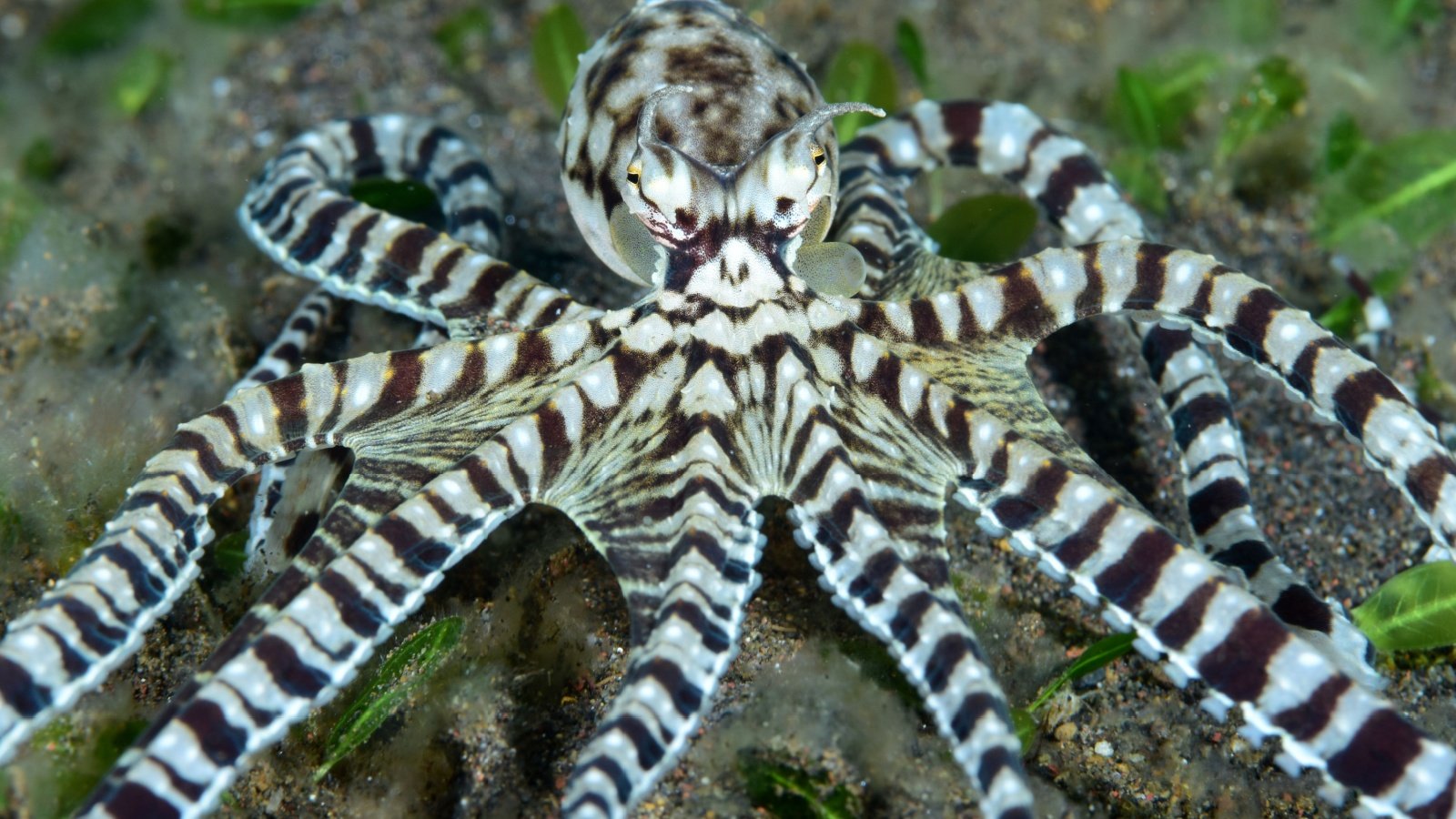When selecting a pet, many are drawn to the allure of exotic animals or the charm of specific breeds, envisioning a perfect addition to their family. However, the reality of pet ownership can sometimes lead to regret, particularly with animals that demand more care, space, or financial commitment than anticipated.
This exploration into the most common pet items people regret buying sheds light on the challenges and responsibilities that can overshadow the initial excitement. It serves as a cautionary tale for potential pet owners to thoroughly research and realistically assess their capability to meet the needs of these demanding animals.
Parrots

Parrots are admired for their vivid colors and ability to mimic human speech, but they require a lot of attention and mental stimulation. Owners often regret purchasing parrots due to their long lifespan, which can extend up to 80 years, necessitating a multi-decade commitment. Additionally, their need for social interaction and tendency to become noisy or destructive if bored can overwhelm unprepared owners.
Large Dogs
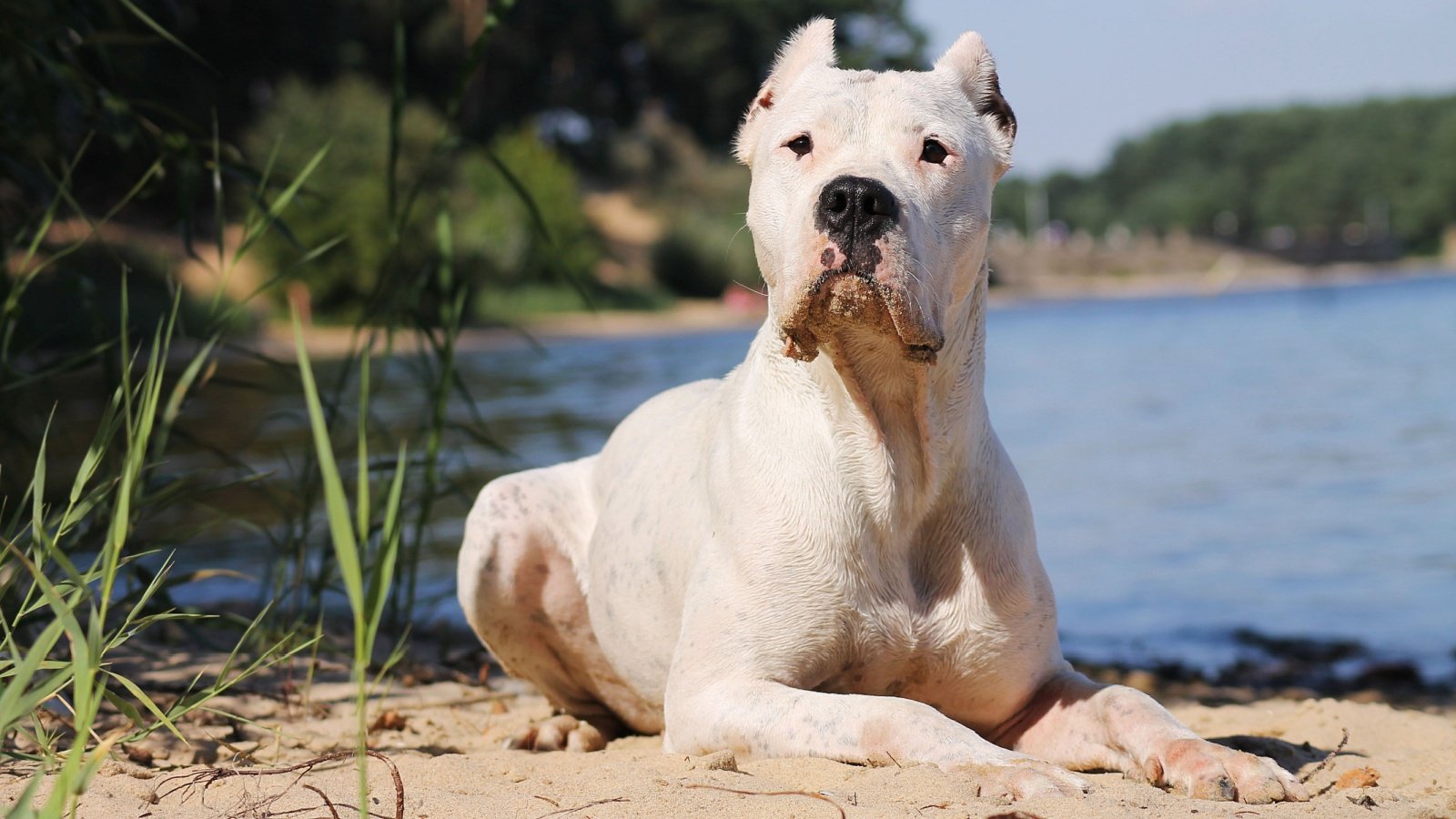
While large dogs like Great Danes and Saint Bernards are loved for their size and gentle nature, they can be a challenge due to their physical needs and potential health problems. These breeds often require significant space, exercise, and food, which can be costly. Their shorter lifespans and susceptibility to ailments like hip dysplasia also often lead to heartbreak and high vet bills.
Exotic Birds
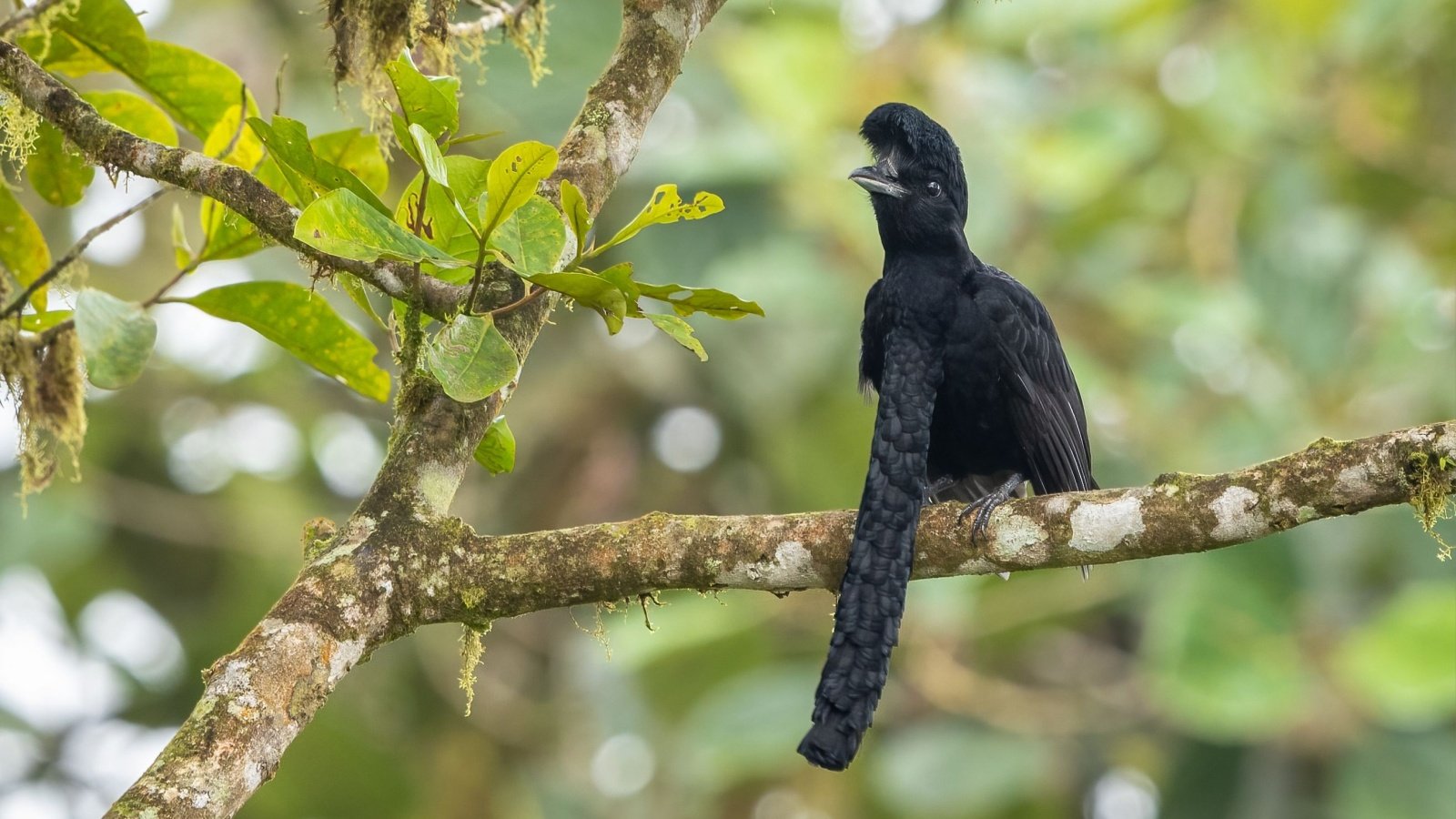
Exotic birds such as cockatoos and macaws are attractive for their beauty and intelligence. However, they demand a considerable amount of care, from specific diets to intricate social interactions. The reality of daily loud vocalizations and potential aggression makes them less ideal as pets for many who don’t realize the commitment involved.
Ferrets
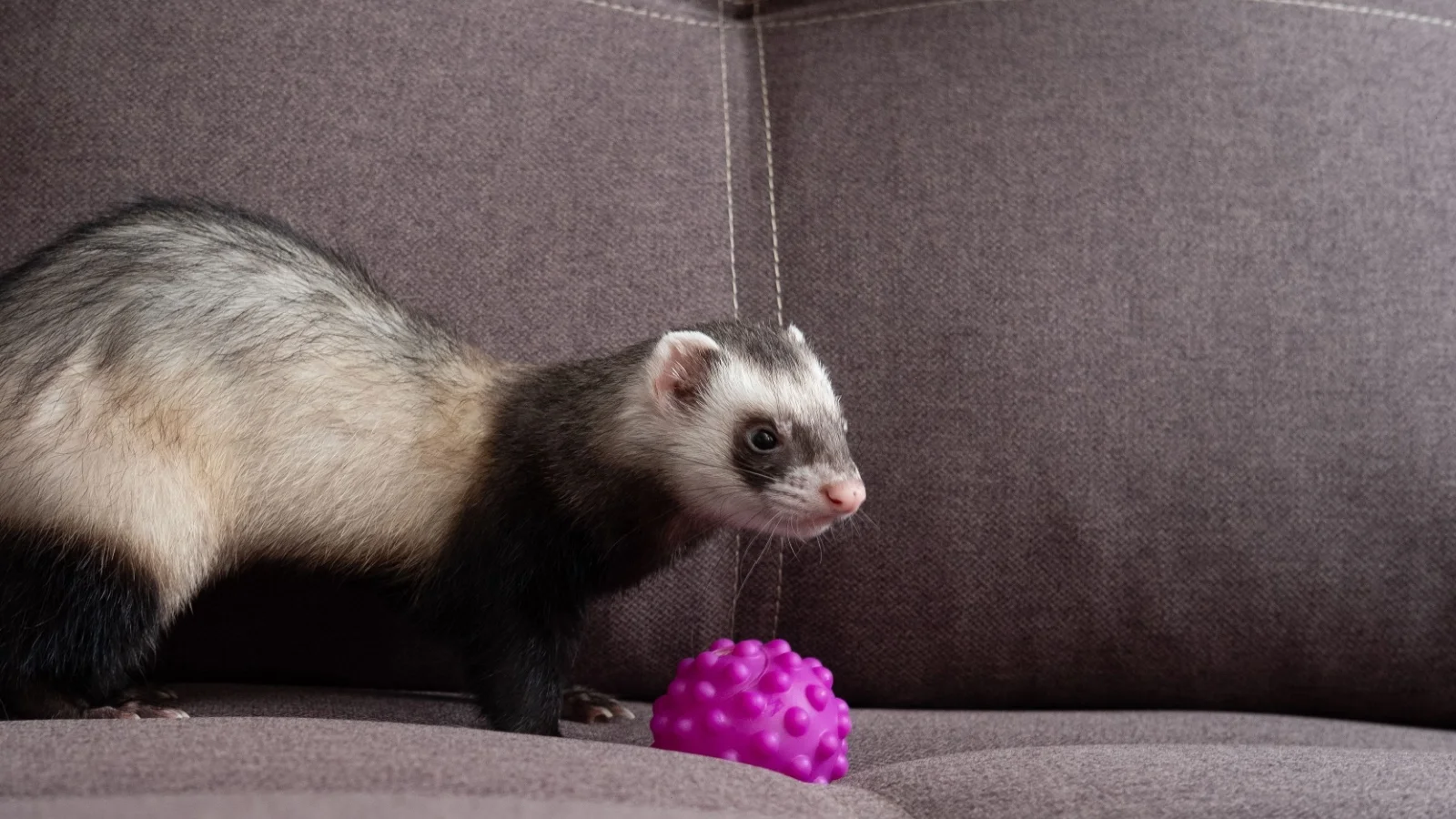
Ferrets are playful and curious, but they also carry a reputation for being escape artists and require a lot of supervision. They need a specialized diet, frequent cage cleaning, and lots of exercise. Many owners find themselves unprepared for the smell that ferrets produce despite regular cleaning.
Turtles
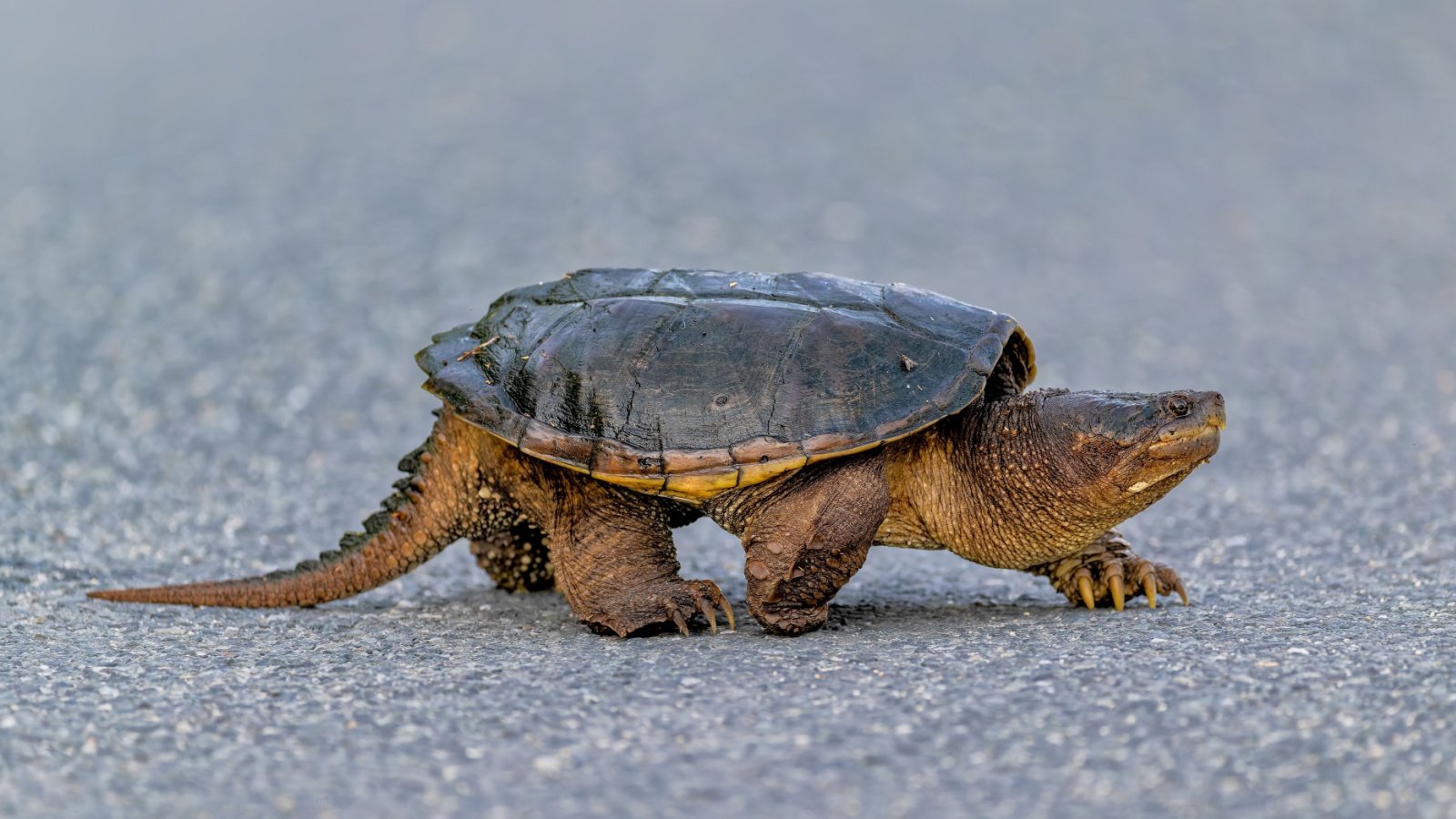
Turtles might seem like low-maintenance pets, but their requirement for specific habitats and diets can be quite complex. They are also known for carrying salmonella, posing a health risk especially to children. The regret often comes from the realization that turtles can live for decades, requiring a long-term commitment.
Rabbits
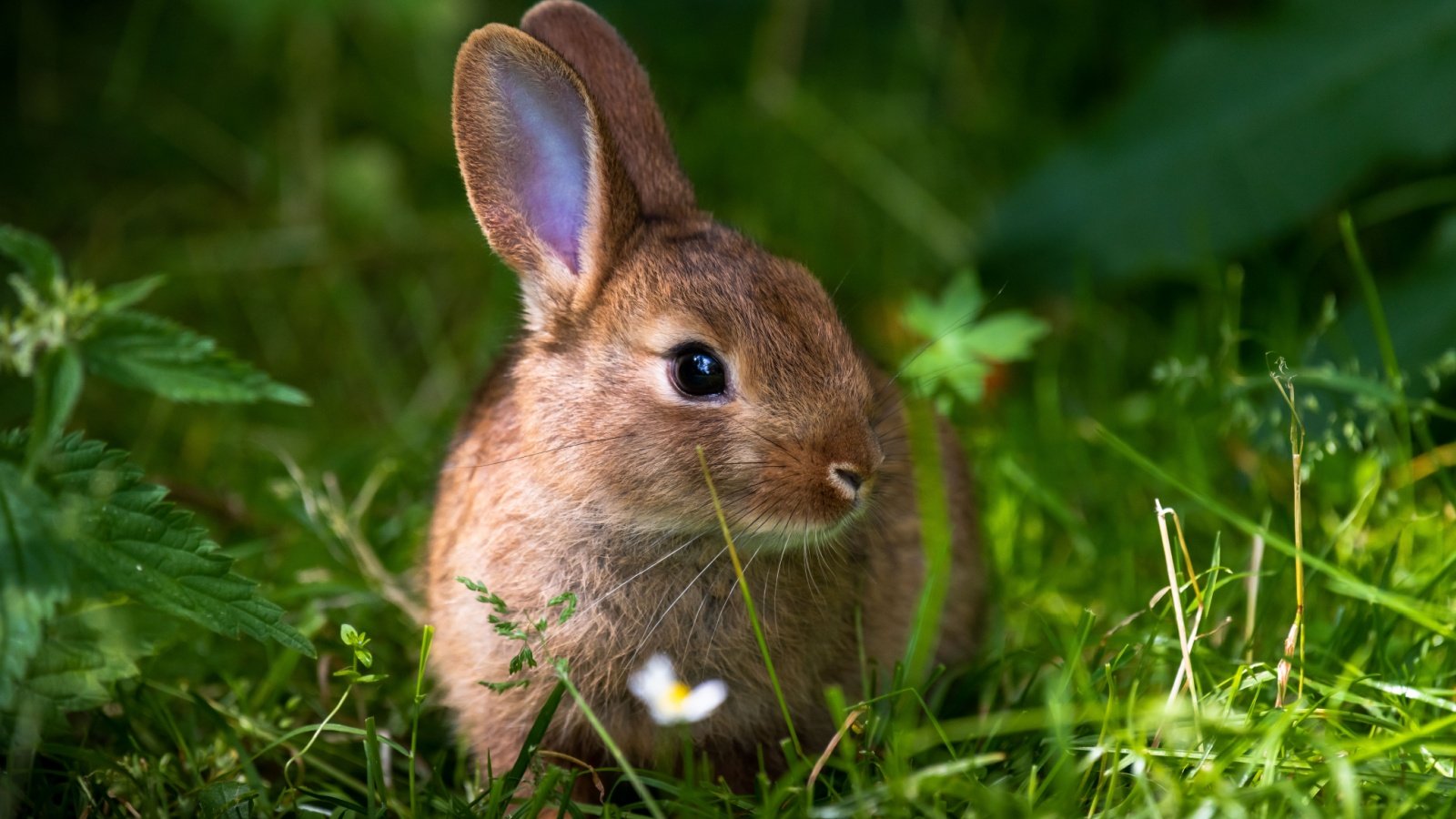
Rabbits are popular for their cute appearance and seemingly docile nature, but they actually require more care than many anticipate. They need a lot of space to hop, chew-resistant wiring, and can become aggressive if not handled regularly. Their tendency to multiply quickly can also unexpectedly increase the number of pets in a household.
Sugar Gliders

Sugar gliders are nocturnal marsupials known for their ability to glide from tree to tree in the wild. In a home setting, they require a large vertical space to climb and a diet that is hard to replicate in captivity. Many owners regret buying sugar gliders because of their loud nighttime activities and complex social needs.
Hedgehogs
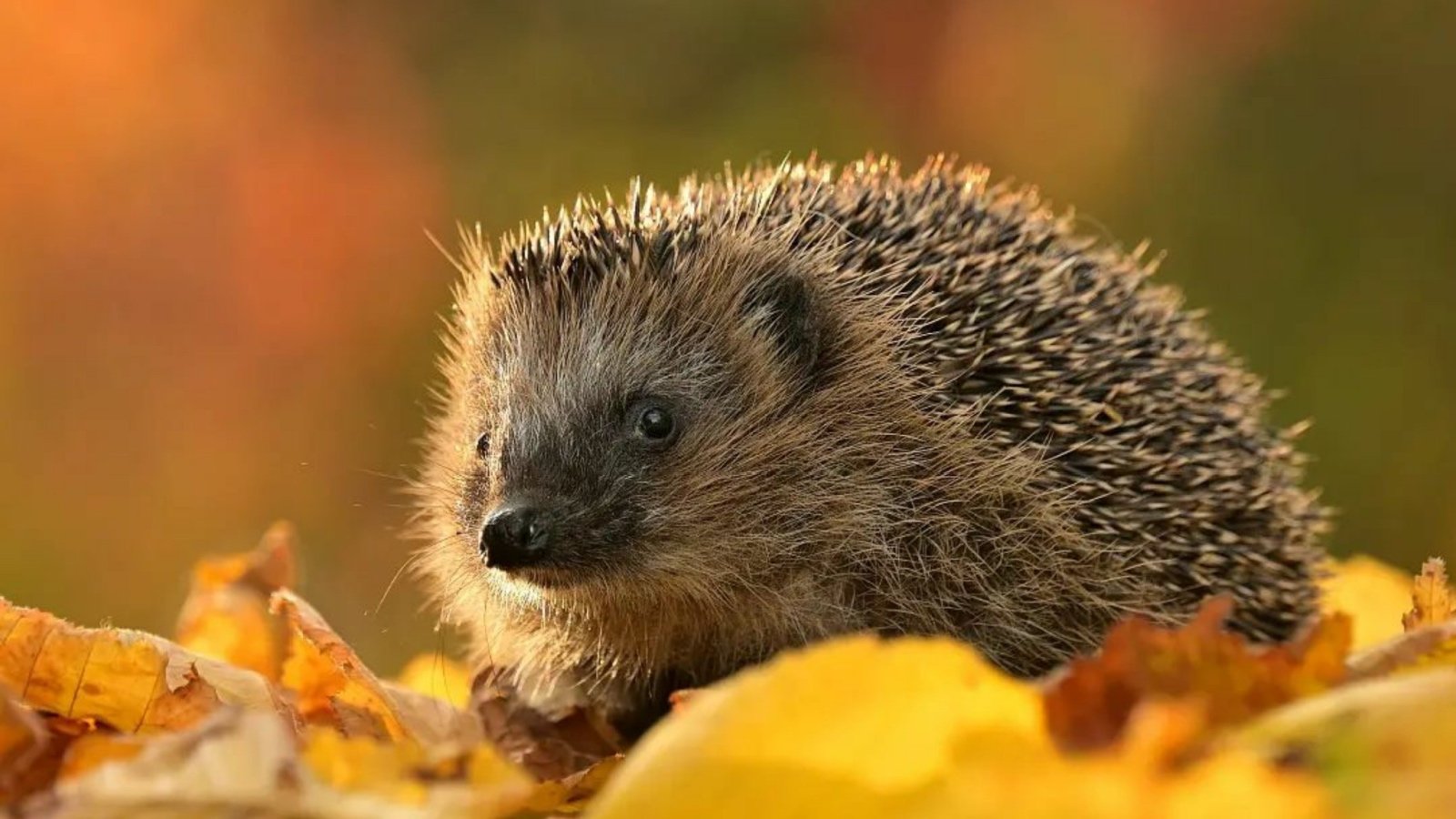
Hedgehogs are often purchased for their cute, quirky appearance, but they can be difficult to care for properly. They require a diet of insects and special care to handle their nocturnal lifestyle and spiky bodies. Owners often find themselves unprepared for the level of care hedgehogs need, leading to regret.
Saltwater Fish
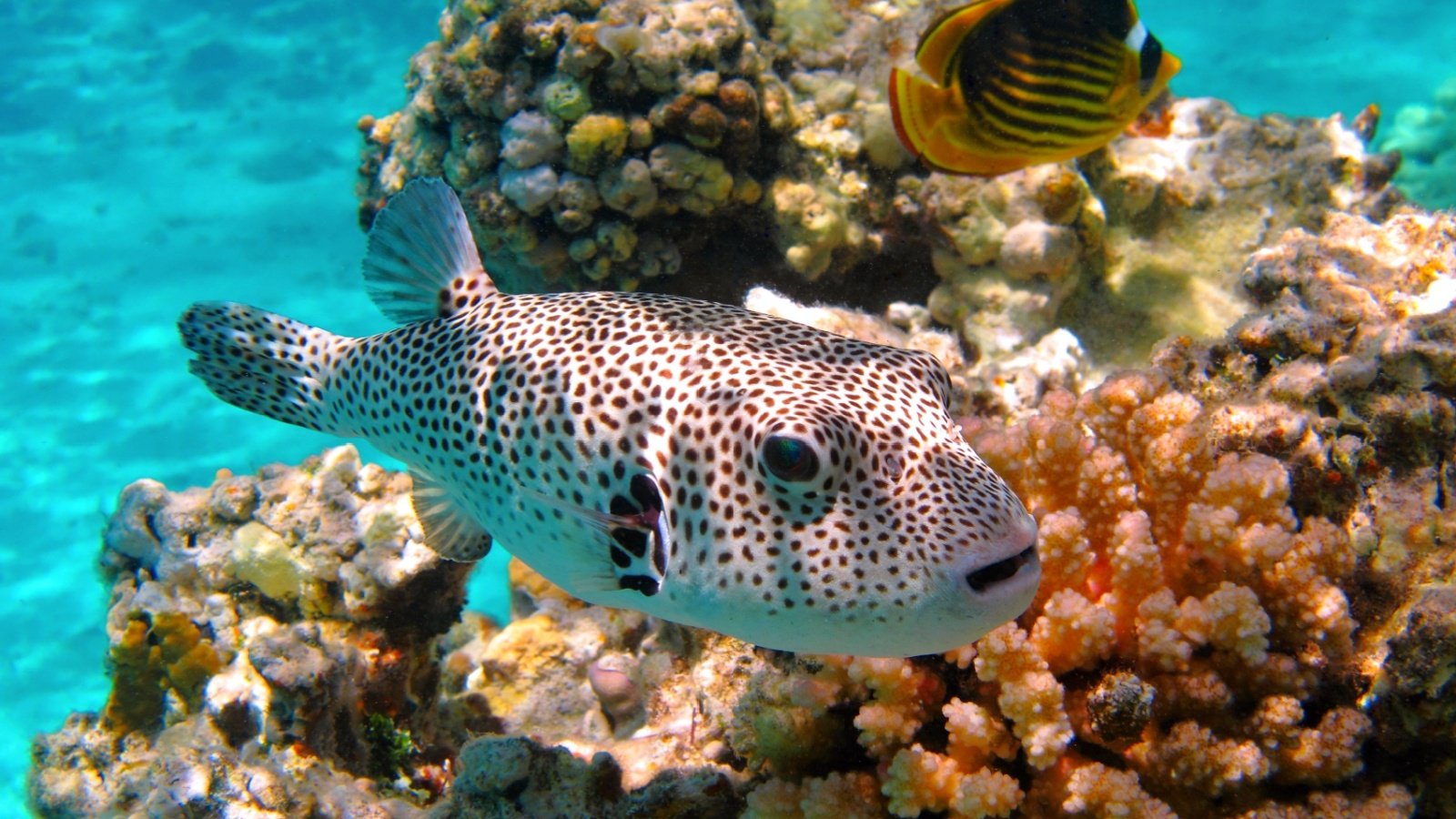
Saltwater aquariums can be stunningly beautiful, but maintaining such an environment is both costly and time-consuming. The precise balance of water parameters and expensive filtration systems can overwhelm even the most dedicated aquarists. Many regret diving into this hobby due to the high maintenance and cost of keeping coral and fish healthy.
Chinchillas
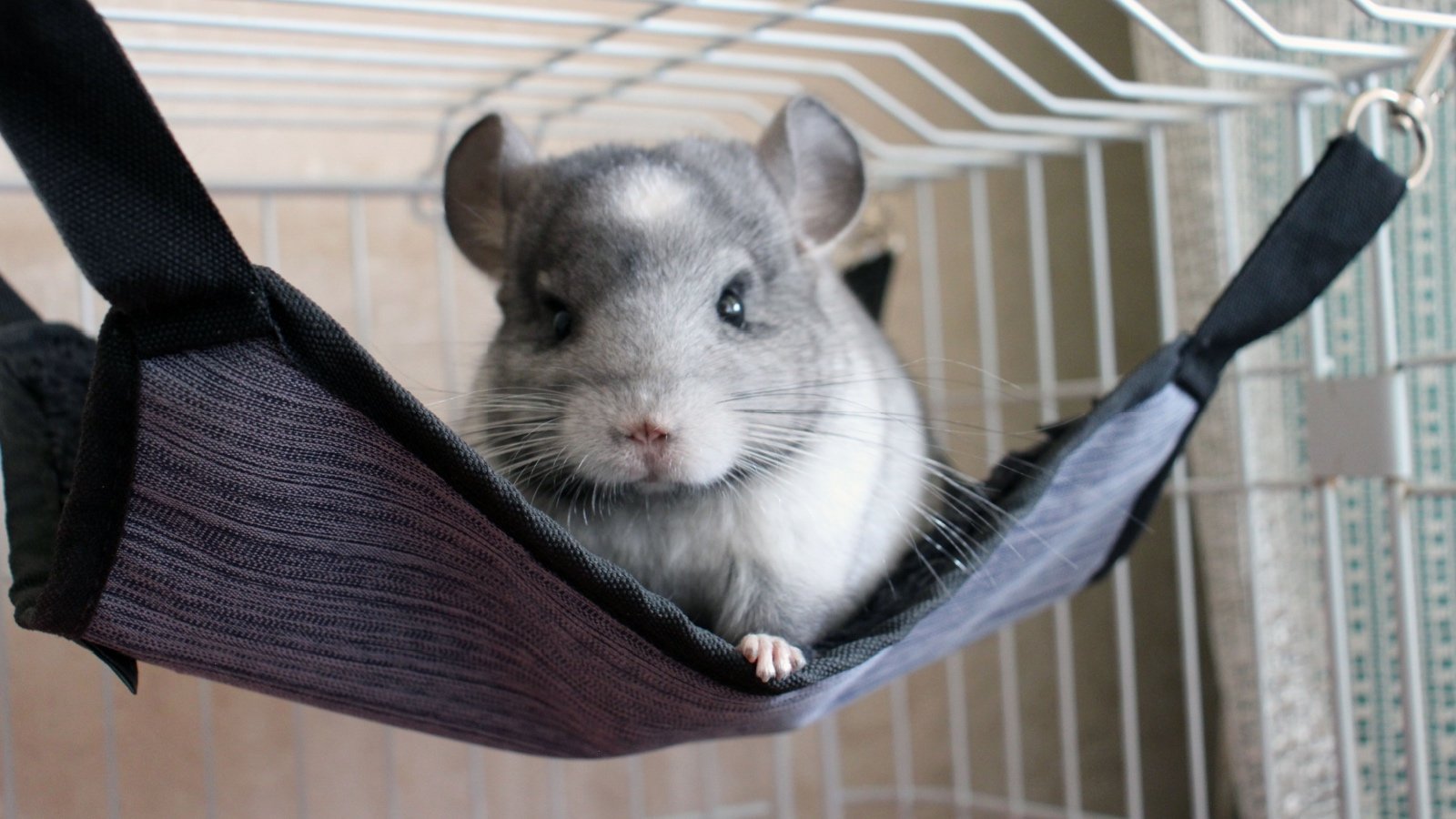
Chinchillas are adorable and have soft fur, but they are also nocturnal and can be quite active and noisy at night. Their need for a dust bath and cooler temperatures can be challenging to maintain properly. Regret often stems from underestimating their care requirements and overestimating their cuddliness.
Potbellied Pigs
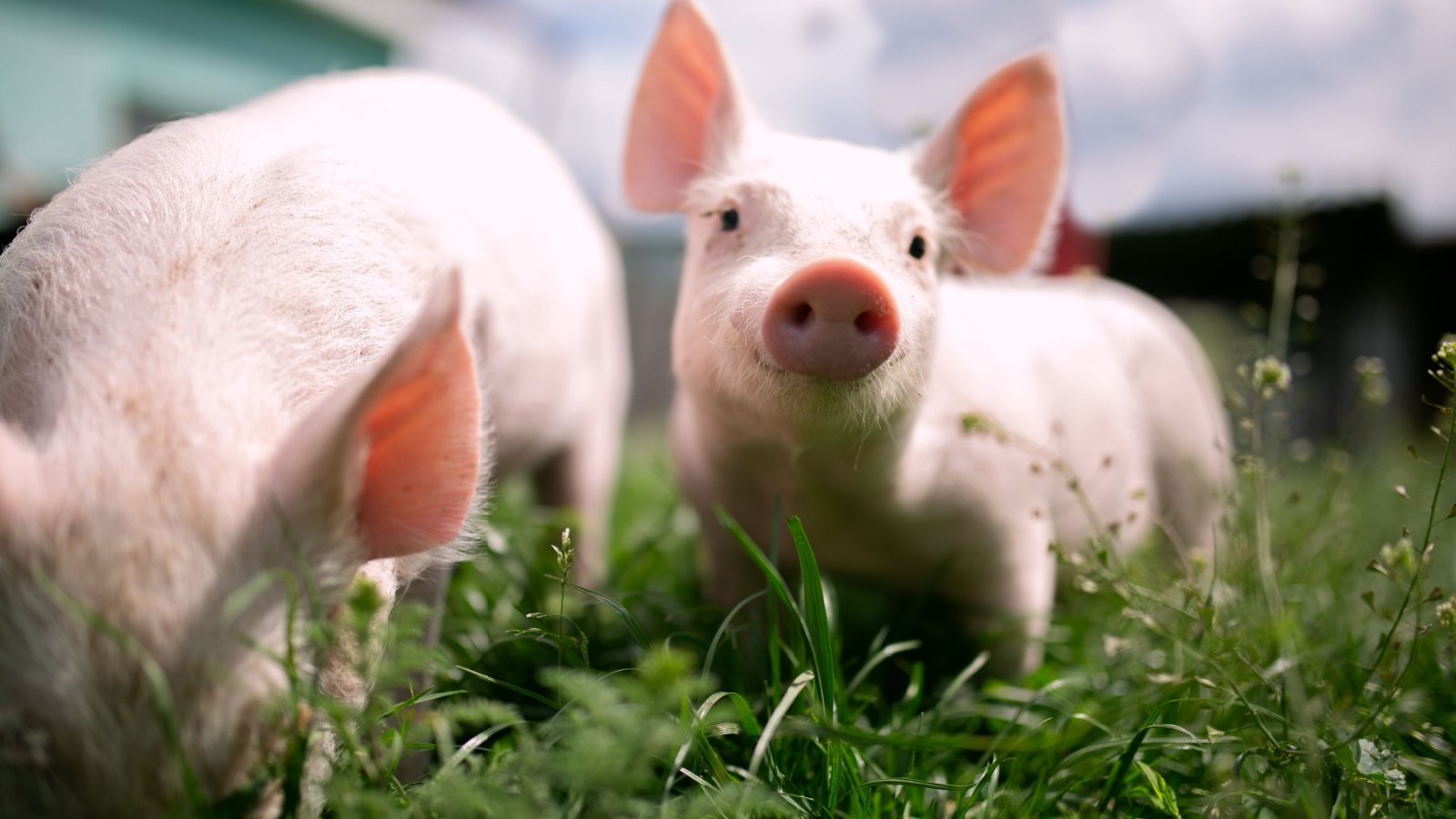
Potbellied pigs are intelligent and can be house-trained, but they grow larger than many expect, sometimes reaching up to 200 pounds. They require a lot of space and can be aggressive if not properly socialized. Many owners regret adopting potbellied pigs due to unexpected challenges in handling and housing them as they grow.
Teacup Dogs
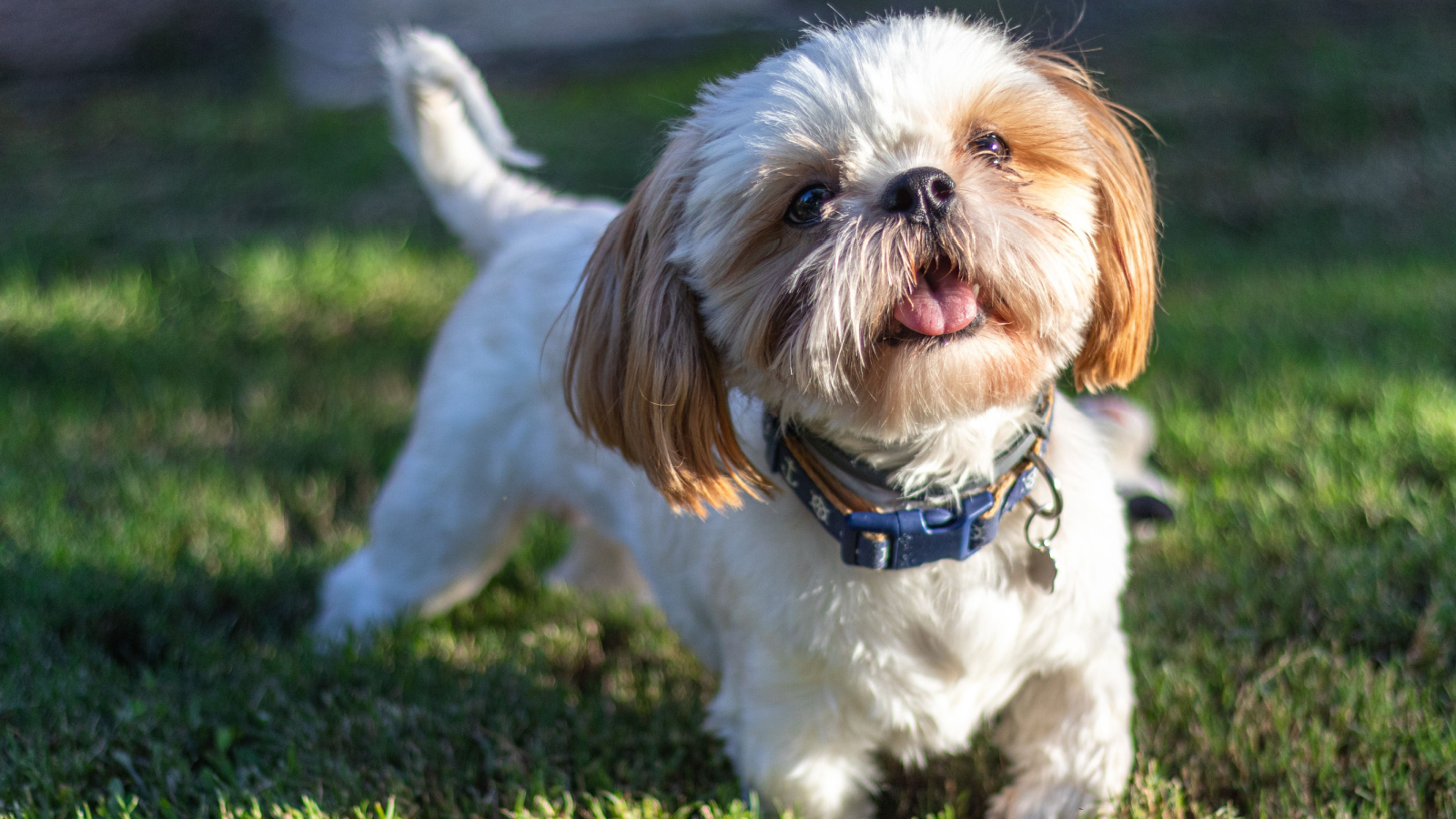
Teacup dogs are bred to be extraordinarily small, but this comes with numerous health problems. They are prone to hypoglycemia, dental issues, and bone fractures. Many buyers regret purchasing teacup dogs due to their fragility and the extensive veterinary care they often require.
Iguanas

Iguanas may seem like an exotic pet that would be fun to own, but they grow very large and can become aggressive, especially during mating season. They require a diet high in fresh vegetables and need a controlled environment with specific heat and humidity levels. The complexity of their care often leads to regret from owners who didn’t anticipate the commitment involved.
Pythons
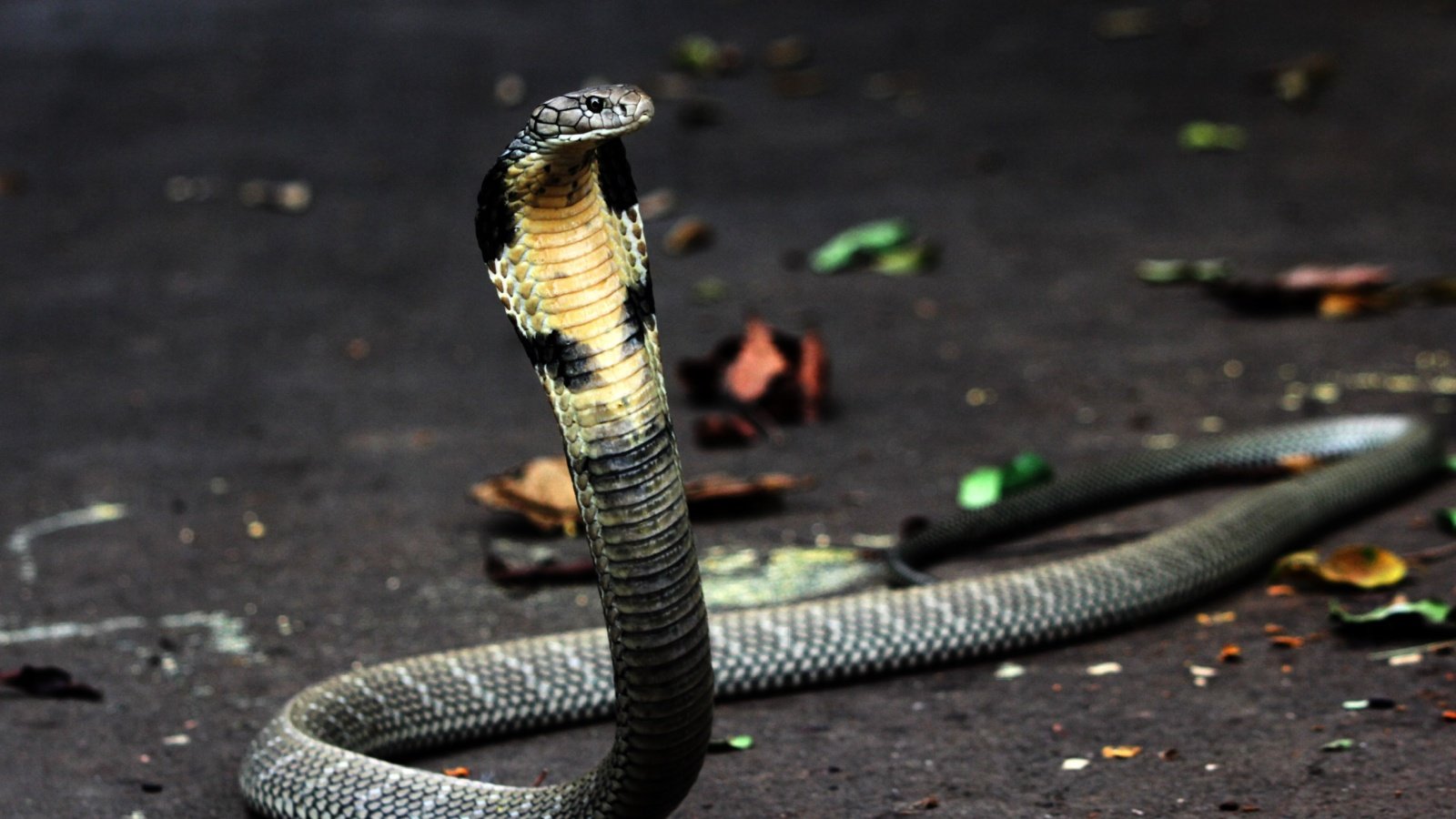
Pythons are fascinating to some as pets, but their size and strength can make them dangerous. They require large enclosures, consistent temperature and humidity, and handling can be risky if not done properly. The potential danger and complexity of care often lead to regrets for owners not ready for such a commitment.
Koi Carp
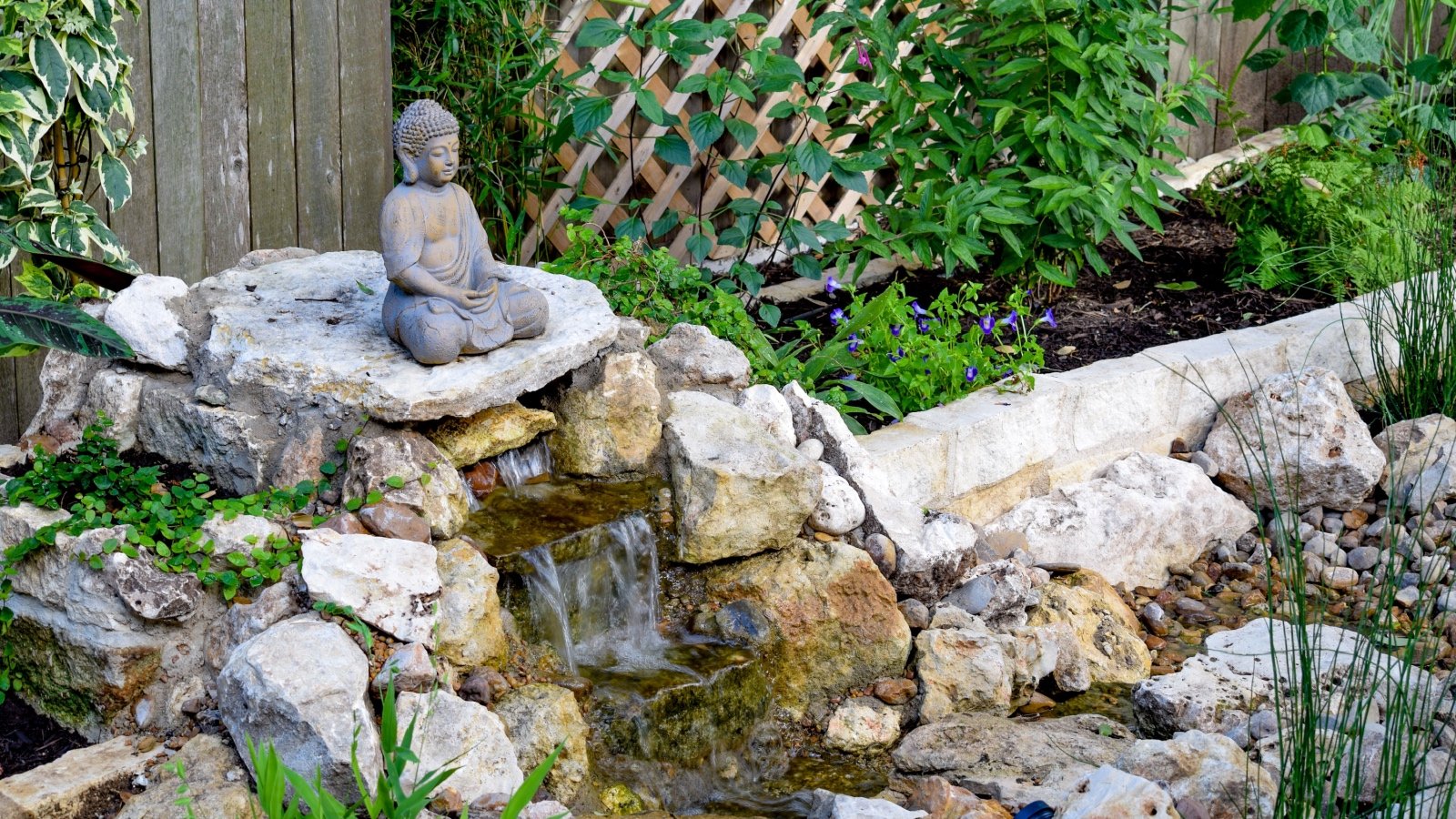
Koi carp are beautiful, ornamental fish that require a pond and can live for decades. Their need for large, well-maintained ponds and their potential size of up to three feet long makes them a challenging pet. Owners often regret the significant time and money required to properly care for koi.
Serval Cats
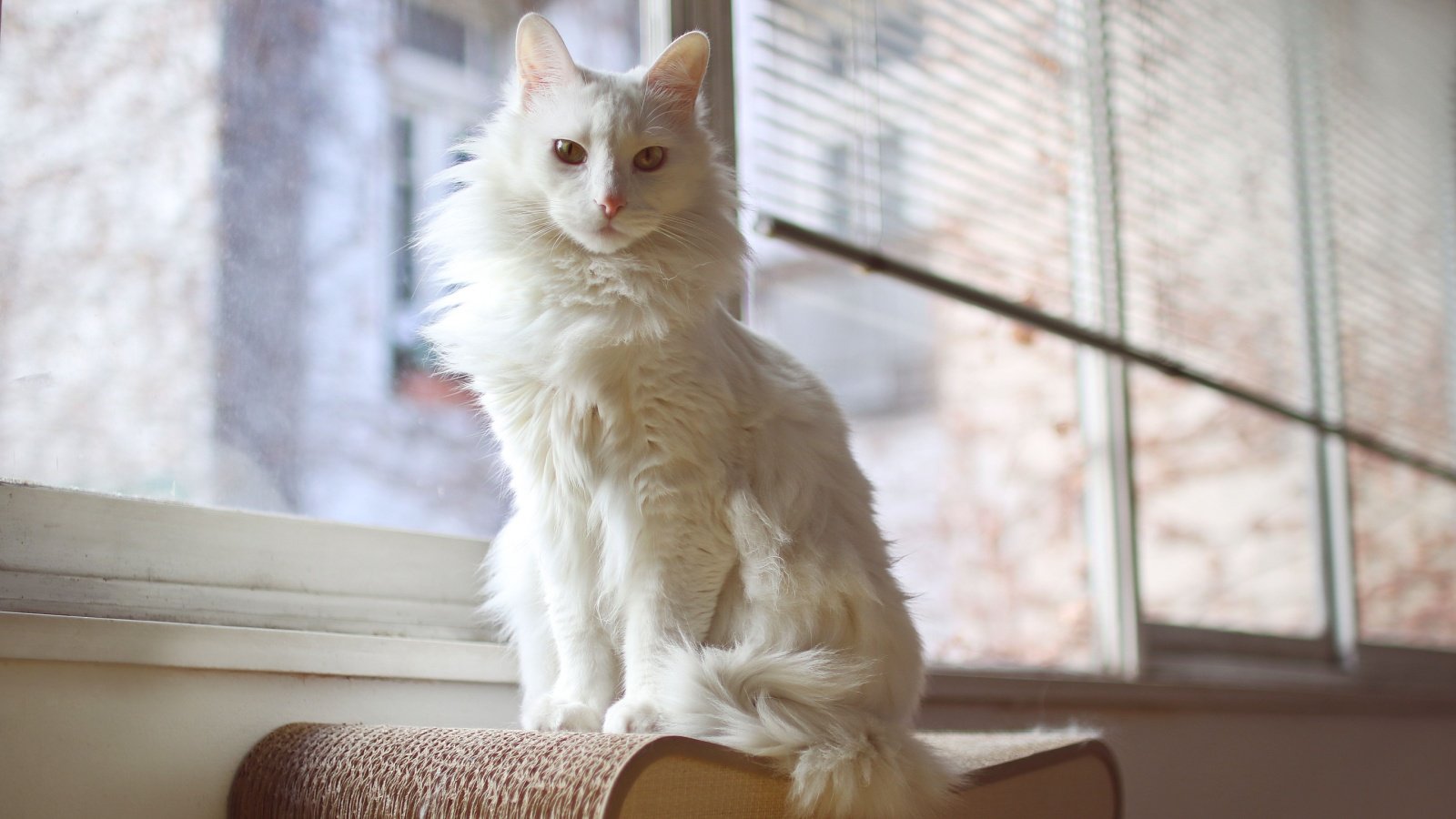
Serval cats, while stunning and exotic, are wild animals that can be extremely difficult to domesticate. They require a specialized diet, lots of space to roam, and can be aggressive. Many owners regret purchasing serval cats due to their unpredictable behavior and complex needs.
Tarantulas
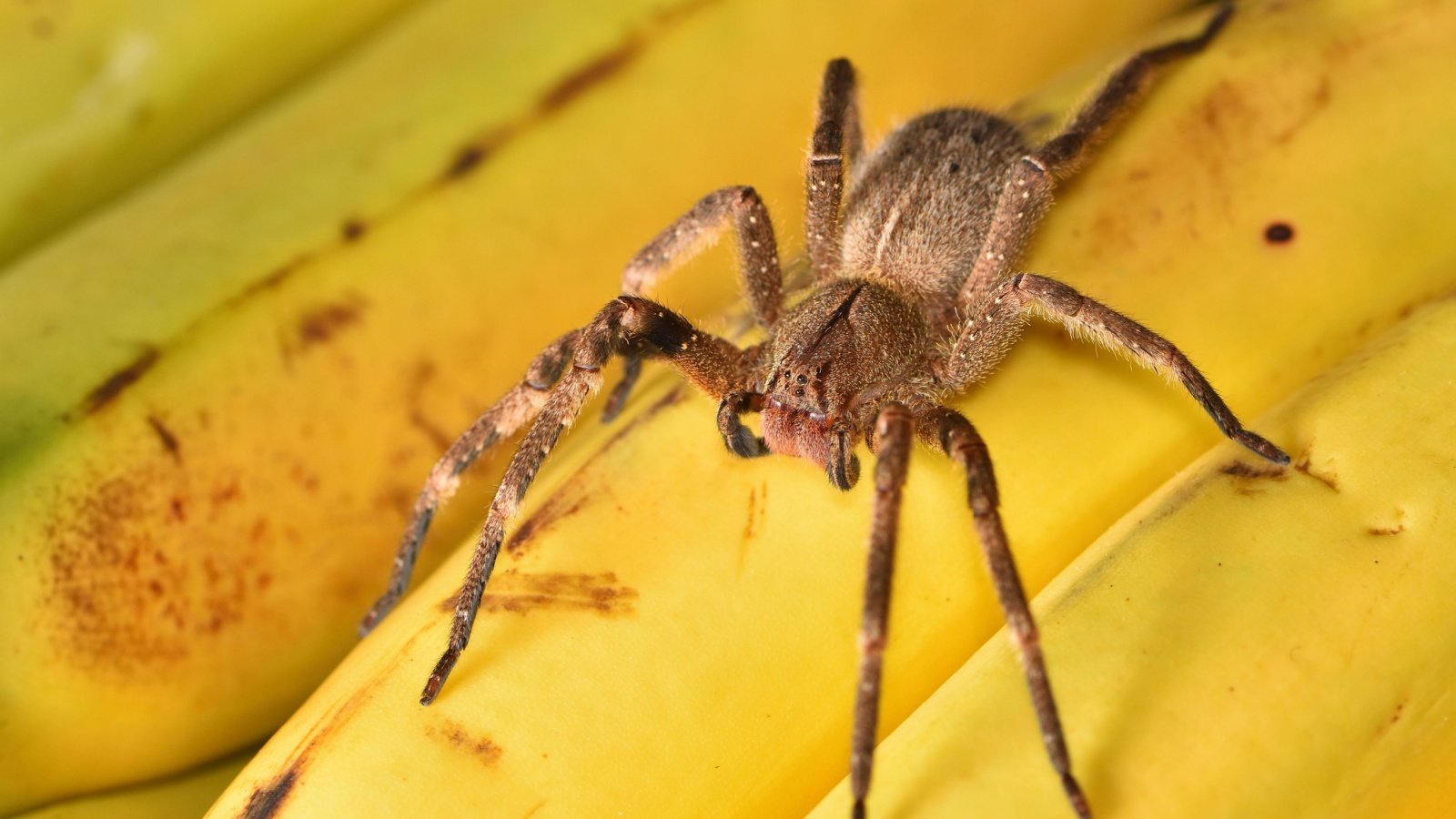
Tarantulas may be a fascinating pet for some, but their handling requirements and the fear factor they bring can be off-putting. They also require specific humidity and temperature levels to thrive. The novelty can wear off quickly, leaving owners regretful, especially if family members are not comfortable around them.
Arctic Foxes
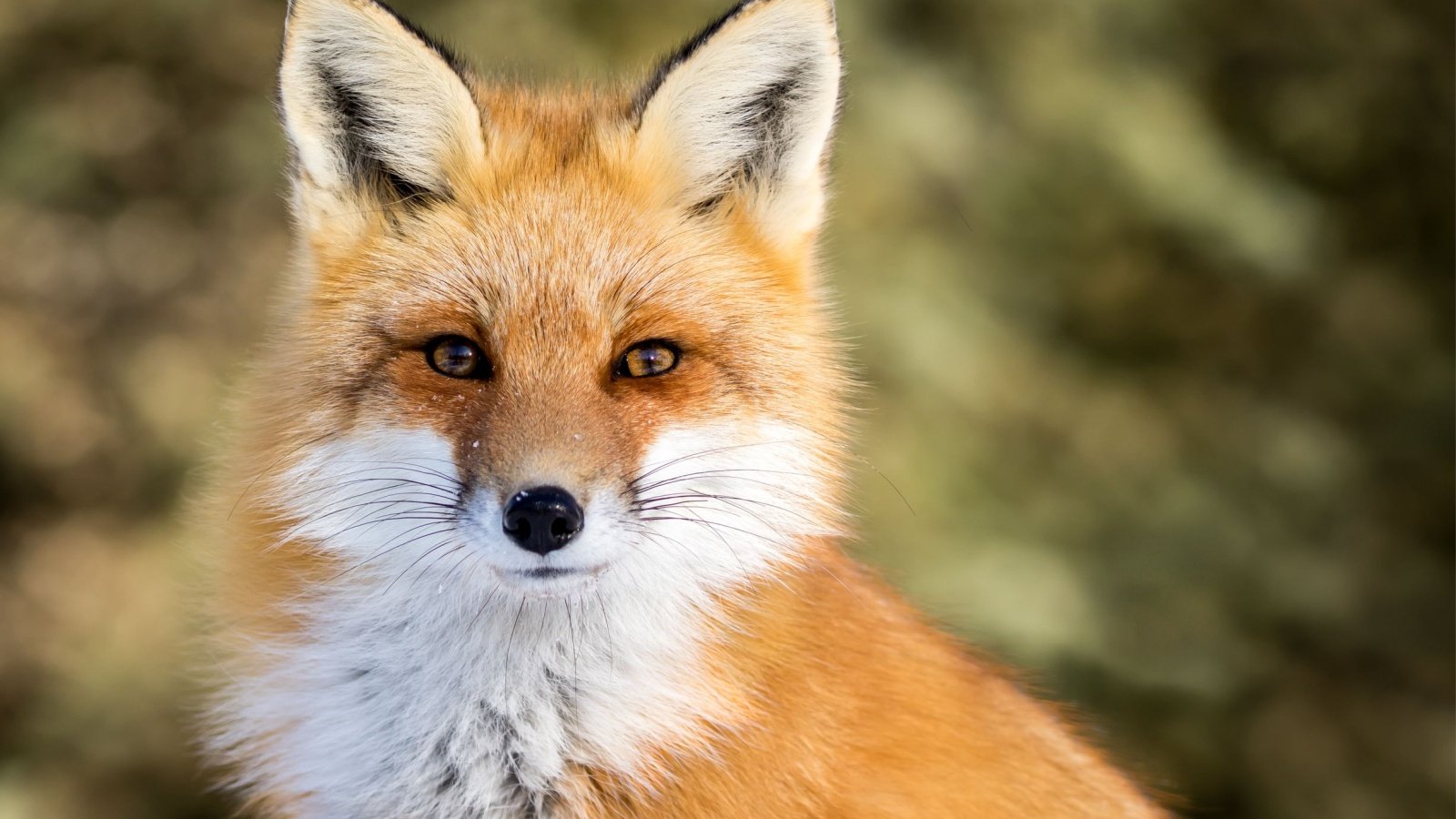
Arctic foxes are undoubtedly charming, but they maintain their wild instincts and require an environment that mimics their natural cold habitat. They are not easily trainable, shed heavily, and emit a strong odor. Their care complexity and the difficulty of meeting their environmental needs often lead to regret.
Peacocks
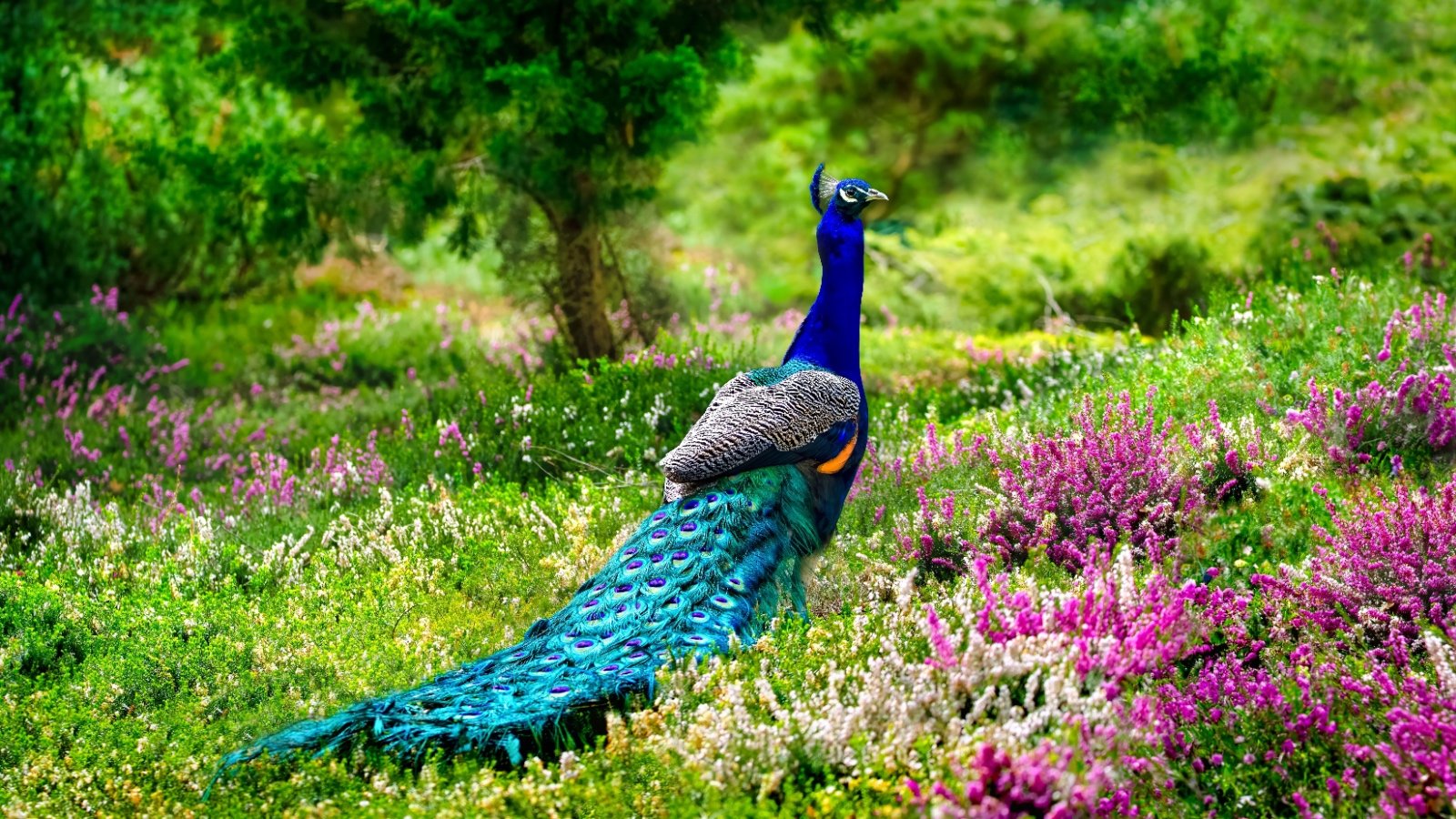
Peacocks are known for their spectacular tail feathers and haunting calls, but keeping them as pets comes with challenges. They are noisy, require a lot of space to roam, and can be aggressive. Many owners find themselves unprepared for the realities of keeping such a large, demanding bird.
Wallabies
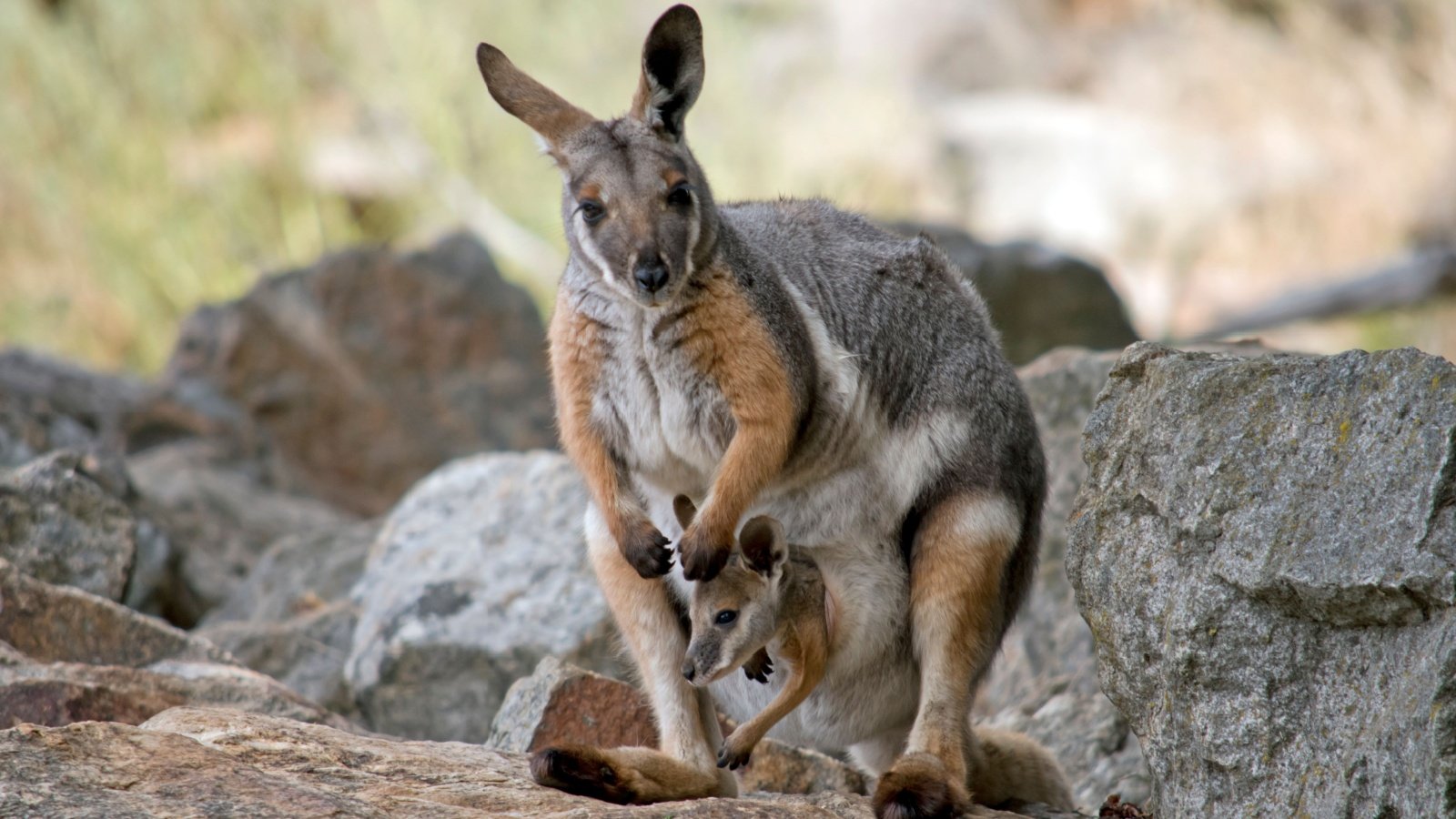
Wallabies are like smaller, cuter versions of kangaroos, but don’t let their size fool you—they require a lot of space and specialized care. They need a large outdoor area with secure fencing and are prone to diseases if not cared for properly. Owners often regret the challenge and cost associated with keeping such an exotic animal.
Axolotls
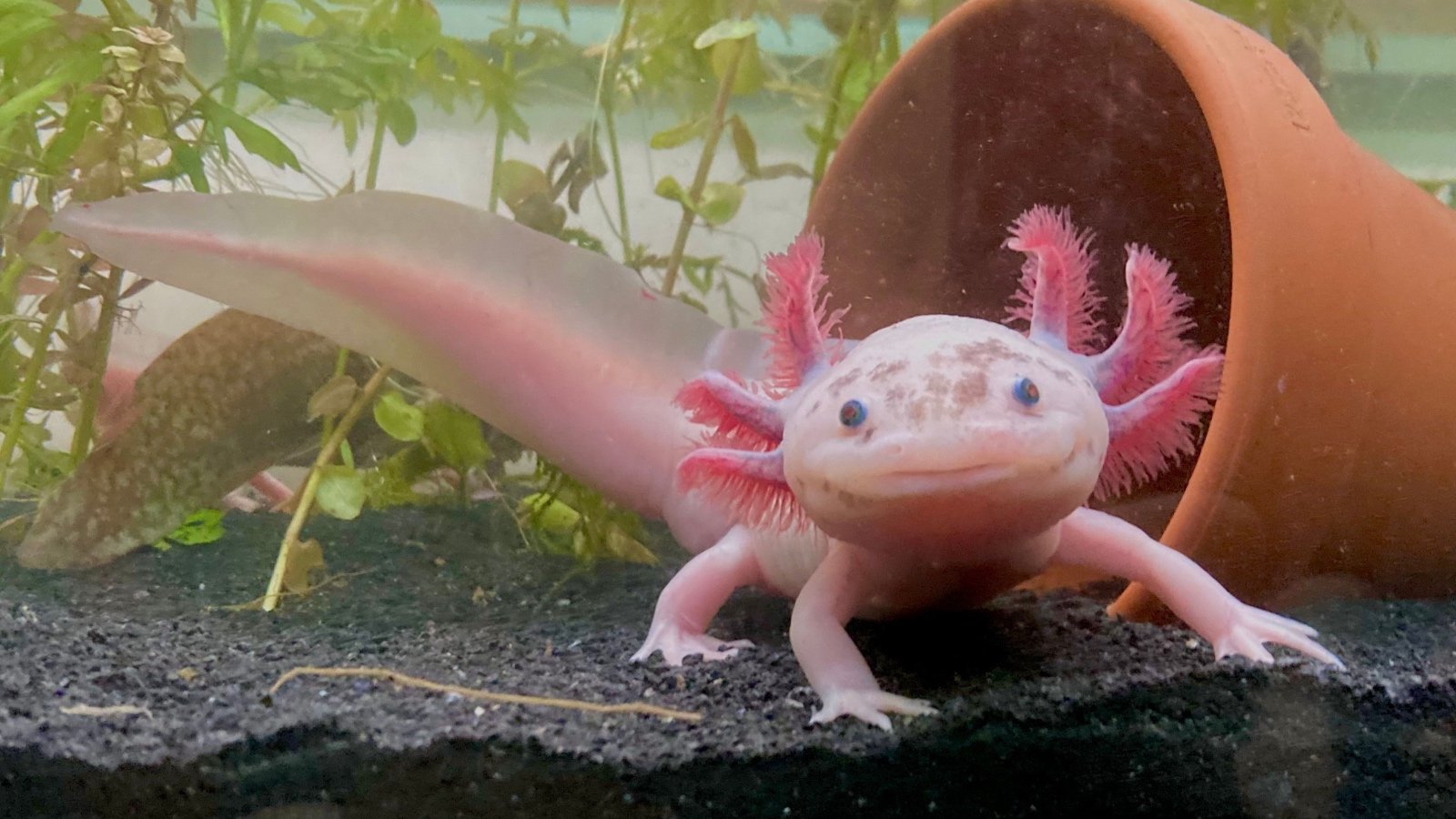
Axolotls are unique amphibians that are popular due to their appearance and regenerative abilities. However, they require chilled aquariums and cannot be handled like other pets. Their specialized care and sensitivity to water conditions often lead to regrets from owners who find their maintenance too demanding.



